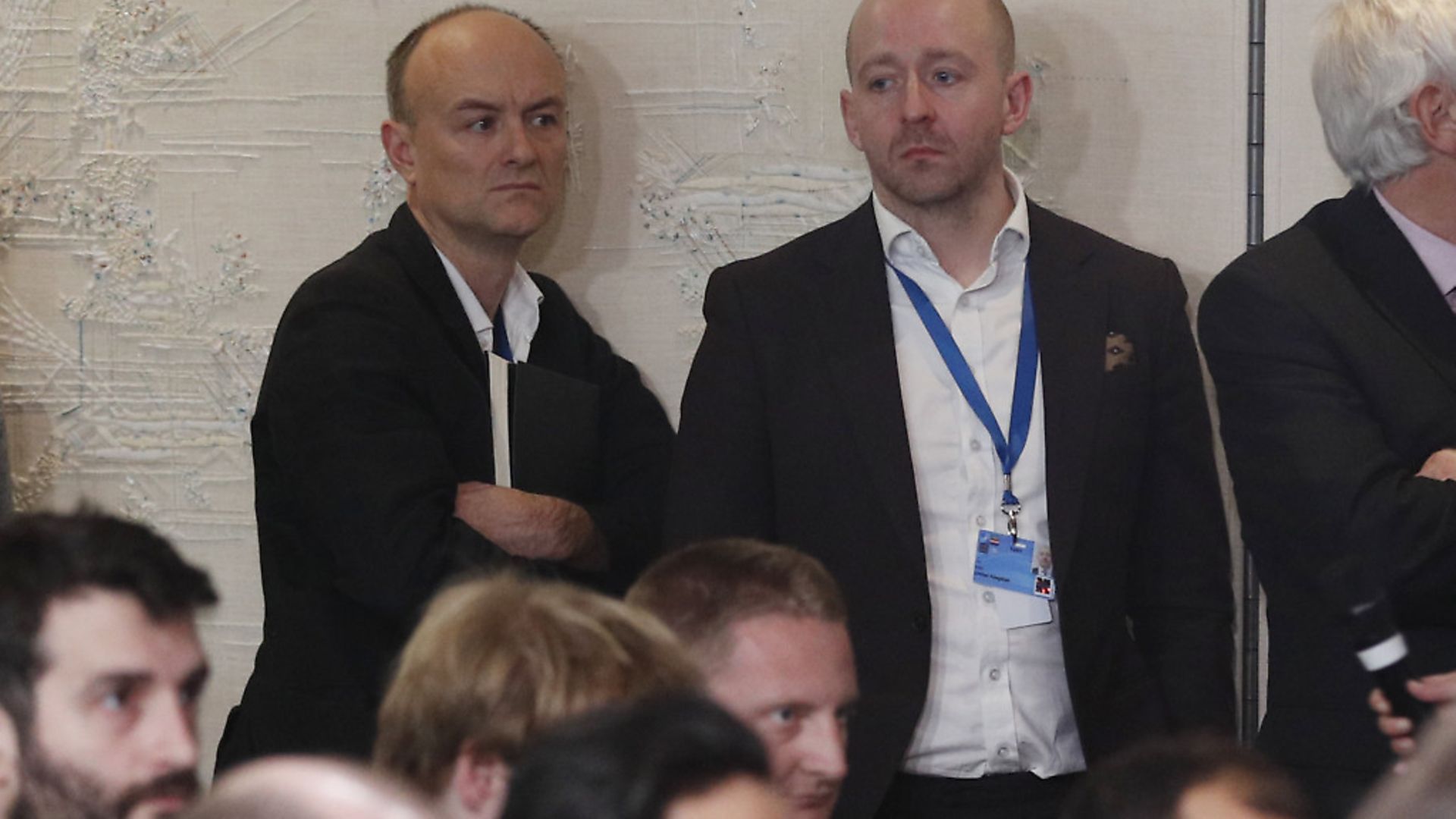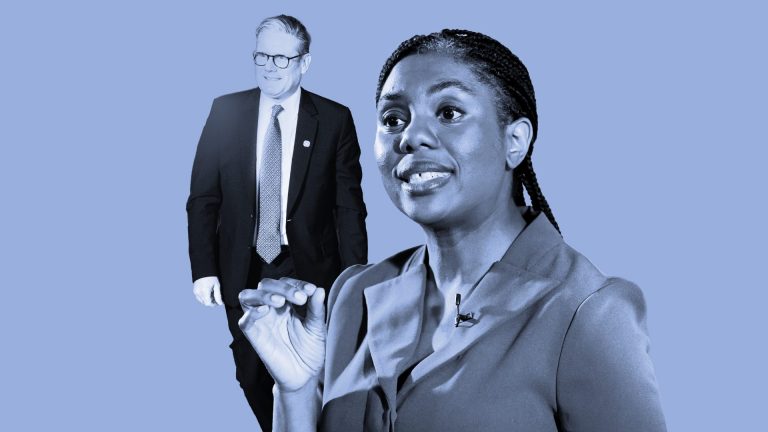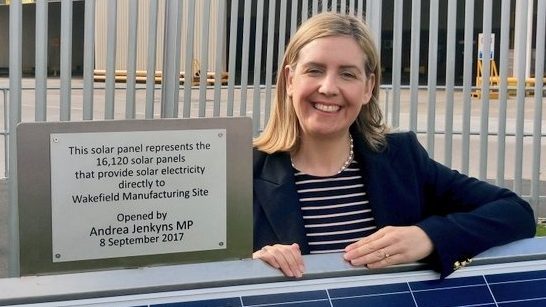
Downing Street has rebuffed an appeal by the head of the International Monetary Fund (IMF) to consider an extension to the Brexit transition period due to the coronavirus outbreak.
Kristalina Georgieva, managing director of the global financial watchdog, urged the UK and the EU not to add to the global ‘uncertainty’ caused by the Covid-19 pandemic by refusing to allow more time for talks on a post-Brexit trade deal.
But the prime minister’s spokesman said extending the transition period would itself create more uncertainty.
‘We will not ask to extend the transition period and if the EU asks we will say ‘no’,’ the spokesman said.
‘Extending the transition would simply prolong the negotiations, prolong business uncertainty, and delay the moment of control of our borders.
Have your say
Send your letters for publication to The New European by emailing letters@theneweuropean.co.uk and pick up an edition each Thursday for more comment and analysis. Find your nearest stockist here or subscribe to a print or digital edition for just £13. You can also join our readers' Facebook group to keep the discussion and debate going with thousands of fellow pro-Europeans.
‘It would also keep us bound by EU legislation at a point when we need legislative and economic flexibility to manage the UK response to the coronavirus pandemic.’
Under the terms of the Withdrawal Agreement with Brussels, the transition – during which the UK continues to follow EU single market rules – is due to end at the end of the year.
It is open to Britain to request an extension if it believes more time is needed to secure a comprehensive trade deal covering its future relationship with Brussels.
Senior figures in Brussels have privately told British officials that Brexit is no longer a priority for the bloc.
However Boris Johnson has repeatedly insisted he will not seek an extension – passing legislation preventing the government from asking for one.
British and EU negotiators have agreed to stage three further rounds of talks on a trade deal in a bid to make ‘real, tangible progress’ before the end of June.
David Frost, the UK’s chief negotiator, and his EU counterpart Michel Barnier took stock of the work that had been done since the first round of negotiations in a video-conference meeting.
The next set of talks, each lasting a full week, will also take place by video conference with a further high-level meeting expected in June to review the progress that has been made.
Under the Withdrawal Agreement, Britain has until the end of June to seek an extension to the transition period.









